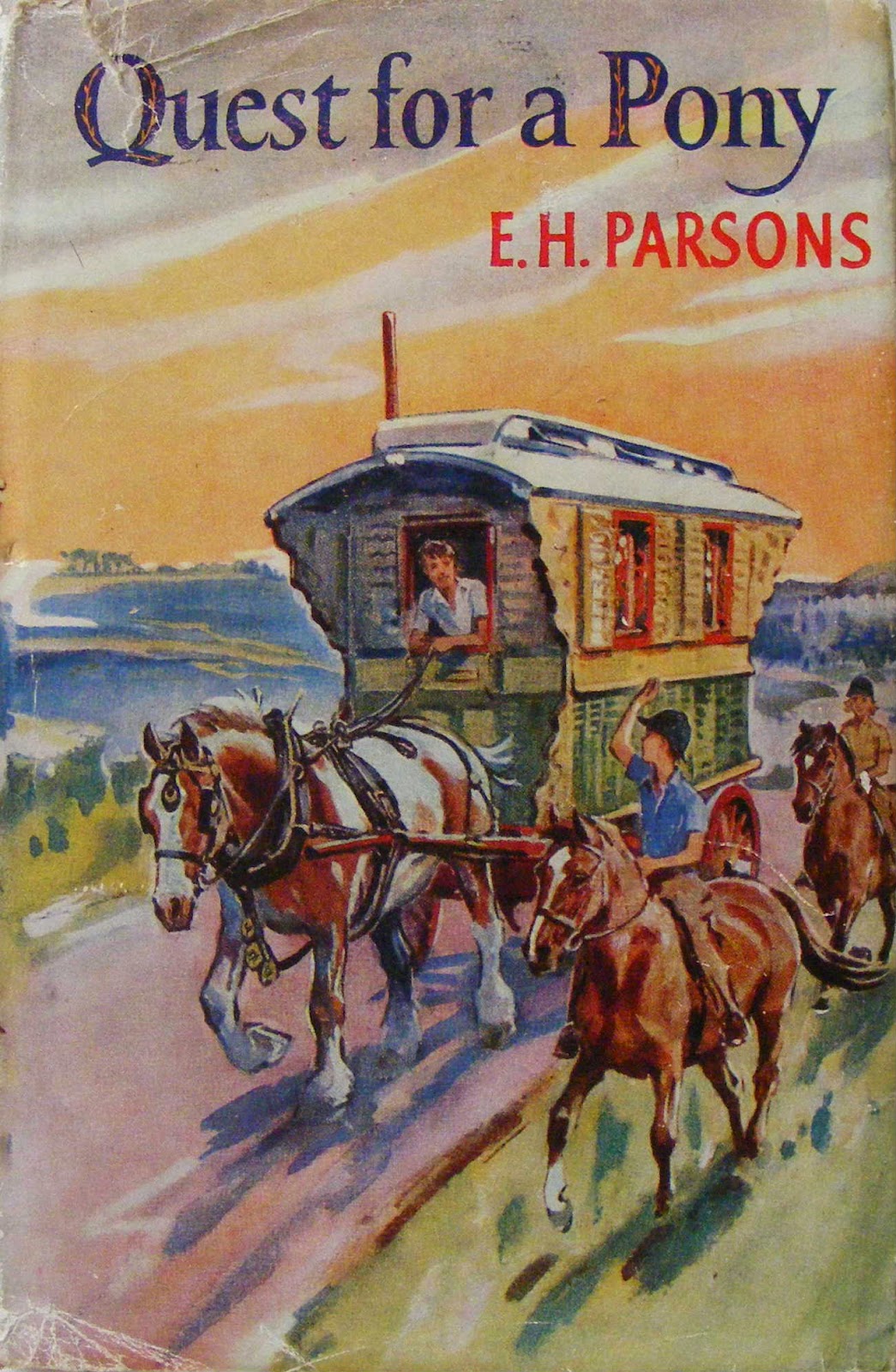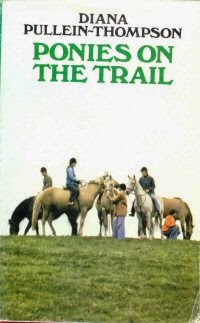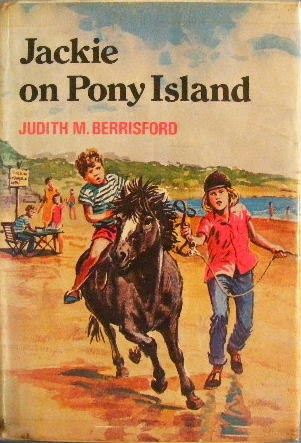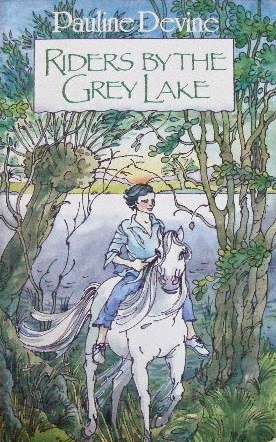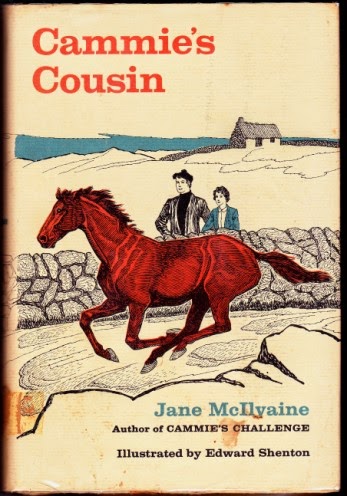PBOTD 31st August: Monica Edwards - The Summer of the Great Secret

The Summer of the Great Secret was one of the earliest books Monica Edwards wrote. Published by Collins in 1948, it is the second of the Romney Marsh series. It was illustrated by Anne Bullen, who illustrated the first four of Monica Edwards' books ( Wish for a Pony, The Summer of the Great Secret, No Mistaking Corker and The Midnight Horse). Monica Edwards was keen not to be regarded as a pony book author, which was something of a problem after the huge success of her first book, Wish for a Pony. I do wonder if it's because of this that Tamzin declares in The Summer of the Great Secret: “I don’t want to grow up a long-faced horsey woman.” And I do also wonder just how many of Monica Edwards' readers shared that wish. ~ 0 ~ More on Monica Edwards



.JPG)

